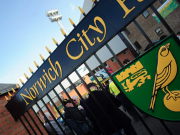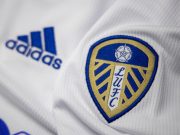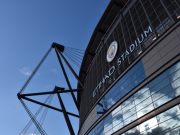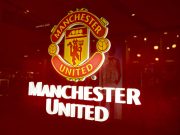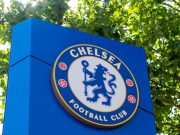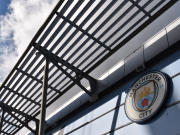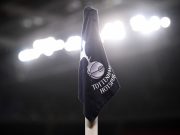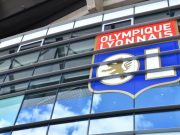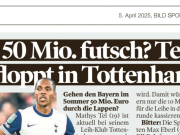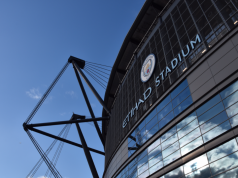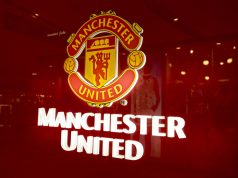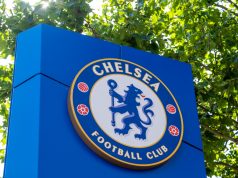As much as the idea of a Super League is being criticised, it’s something that appears to be, at least for the time being, really happening.
It’s in the news, it affects Premier League clubs, especially those who have joined it, and so it needs to be covered.
When it was announced that Manchester United, Manchester City, Chelsea, Liverpool, Arsenal and Tottenham would all join the ‘breakaway’ competition, few felt it was for real.
However, the plan is in place, the guns are out and everyone is at each other’s throat, with it firmly believed the associated teams are committed to the cause.
The main reason for that will be the money on offer, which won’t even be evenly split.
That’s already been alluded to here and there, but it appears Mundo Deportivo have managed to get a bit more information, with the money on offer, reported to be around €3.5bn, to be distributed to clubs, with some getting more than others based on ‘tiers’.
There would be four of these levels, and the teams would fall within them ‘depending on their economic potential and what they have generated over recent years’.
That means Real Madrid, Barcelona and Manchester United ‘appear in this first level, along with a few other clubs, that will allow them to bring in €350m before the end of this season’.
The other three tiers and their earnings are as follow: €225m for tier 2, €112.5m for tier 3 and €100m for tier 4, with that last one most likely being for the five ‘rotational’ clubs that would enter the league on a yearly basis.
There is no indication where the likes of Chelsea or Arsenal would fall, but if the latest Forbes ‘The Business of Soccer’ list, which ranks the most valuable football teams in the world, were to be used as the benchmark, then they would likely fall into tier 2 category, thus earning less than the aforementioned three, and potentially Liverpool and Manchester City.
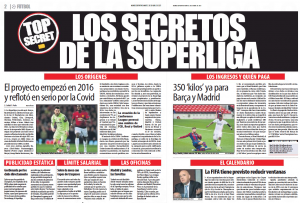 Discounting Bayern Munich, who came third behind Barcelona and Real Madrid and have yet to join the Super League (they are firmly opposed to it), the Premier League clubs are ranked as follows: Manchester United ($4.2bn), Liverpool ($4.1bn), Manchester City ($4bn), Chelsea ($3.2bn), Arsenal ($2.88bn) and finally Tottenham ($2.3bn).
Discounting Bayern Munich, who came third behind Barcelona and Real Madrid and have yet to join the Super League (they are firmly opposed to it), the Premier League clubs are ranked as follows: Manchester United ($4.2bn), Liverpool ($4.1bn), Manchester City ($4bn), Chelsea ($3.2bn), Arsenal ($2.88bn) and finally Tottenham ($2.3bn).
This means that if the top tier of the Super League is capped to five teams, it would likely be comprised of the two La Liga giants, the Red Devils, followed by the sides managed by Jürgen Klopp and Manchester City.
We’d like to point out at this stage that none of this is fact and purely speculation on our part, but this could be the way the Super League looks at it, especially with Mundo Deportivo stating that a ‘few other clubs’ could join the already named trio in the top level.
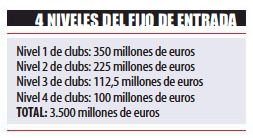 It perhaps is no coincidence that 11 of the 12 clubs who agreed to help create the Super League are in the top 15 most valuable clubs on the Forbes list, with only Milan ($559m) coming in at 16th, a hefty $99m behind Everton, who hold the 15th spot ($658m).
It perhaps is no coincidence that 11 of the 12 clubs who agreed to help create the Super League are in the top 15 most valuable clubs on the Forbes list, with only Milan ($559m) coming in at 16th, a hefty $99m behind Everton, who hold the 15th spot ($658m).
Either way, it appears some clubs will walk away from this richer than others just because they are bigger brands, and not because they perform better on the pitch through smart tactical work or clever signings.
And with football being a competitive (that’s the key word in all of this) sport rather than pure entertainment, like films or TV series, then what’s the point?


